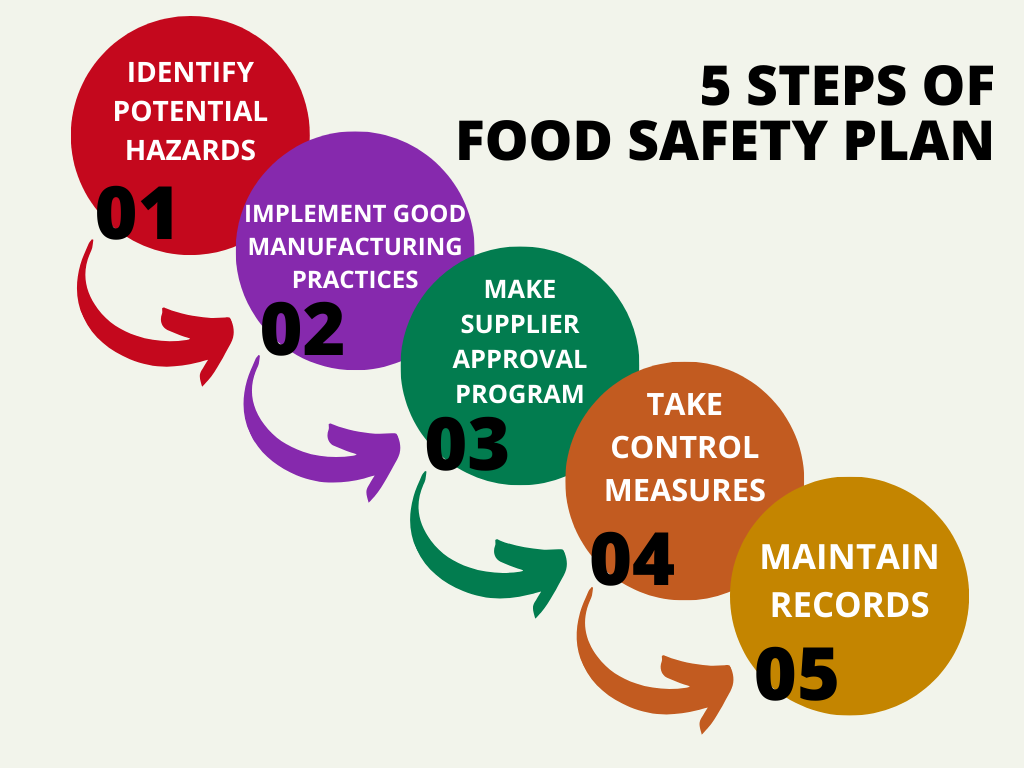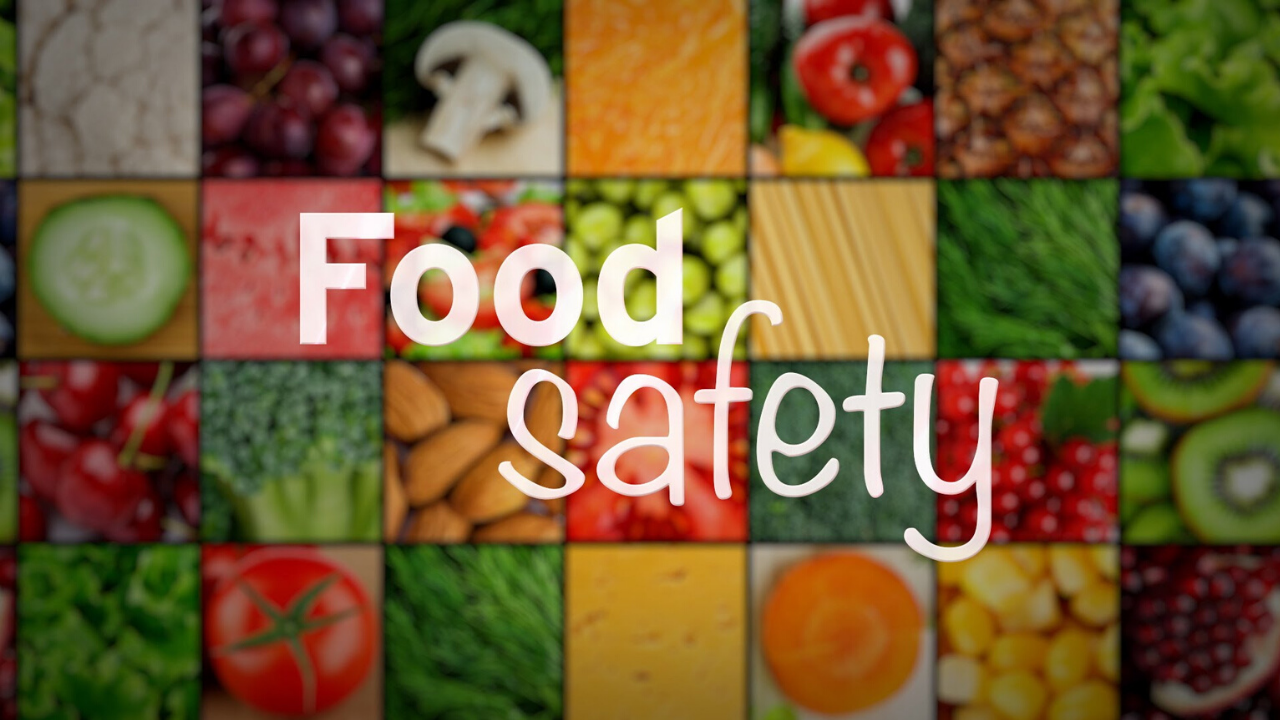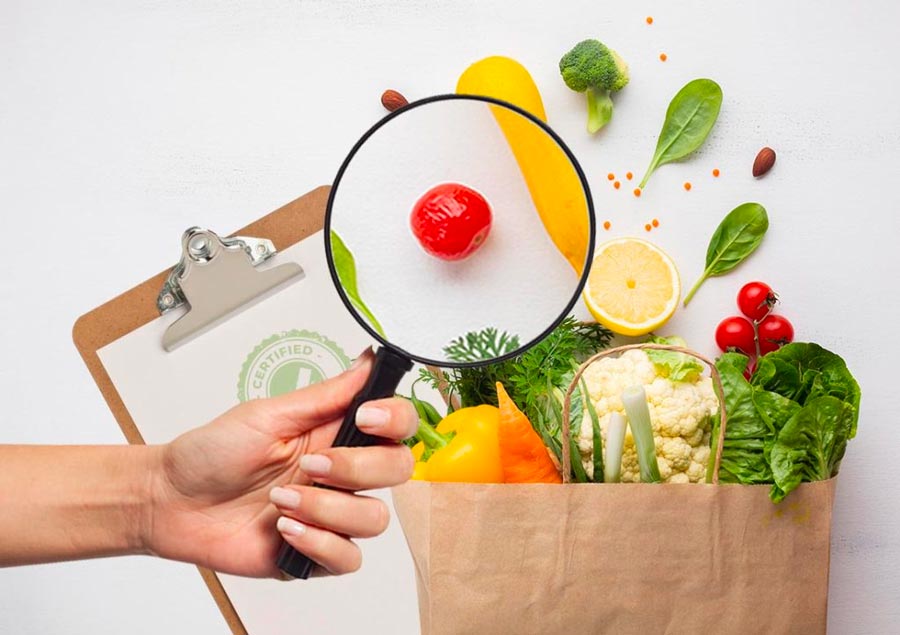Welcome to Nigeria’s Official Food Safety Training and Certification Platform

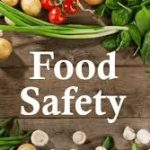
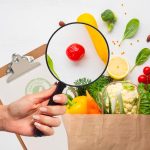
Food safety is critical to public health, consumer confidence, and the growth of Nigeria’s agricultural and food sectors. This platform has been officially approved by the Federal Ministry of Health in collaboration with key stakeholders across the food and health sectors, to deliver standardized training and national certification for food handlers across Nigeria.
Online or In the Classroom in collaboration with the Food Safety Department of the Federal Ministry of Health and Social Welfare.
From farmers and food processors to caterers, hotels, restaurants, and street vendors, this platform provides accessible and practical food safety education tailored to each stage of the food value chain. Our goal is to ensure that everyone involved in the production, preparation, and distribution of food understands and adheres to proper safety and hygiene practices that protect lives and enhance the quality of food served across the country.
Talk to Us >> 08099700070, 08098600070, 09057666623, 09057666625 <<
01.
Stay Professional & Hygienic
Whether you’re new to the food service industry or a seasoned professional, proper food handling is essential to ensuring public safety and maintaining the highest standards of hygiene.
02.
We ensure Safe food Ethics
Join thousands of professionals and businesses nationwide in taking the bold step toward safer food handling.
Get trained. Get certified. Build trust—one safe meal at a time.
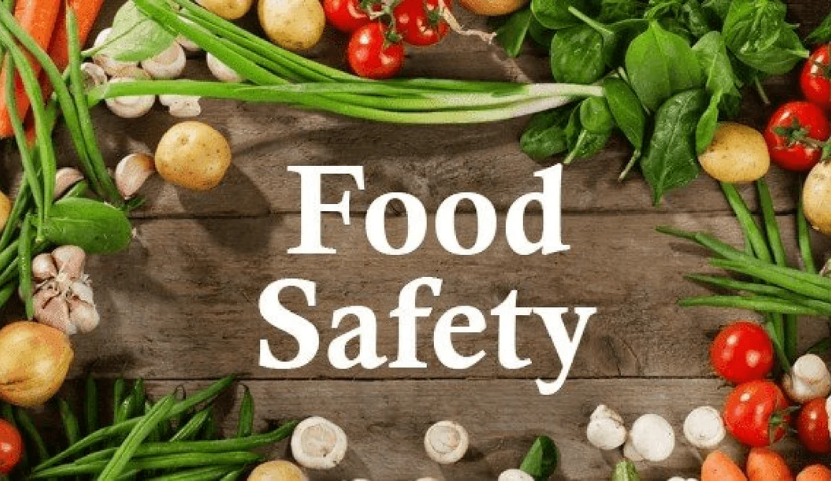
We Boost Consumers Trust
Our Food Handlers Training is designed to equip you with the critical knowledge and practical skills needed to prevent foodborne illnesses, meet regulatory requirements, and boost consumer confidence.
Choose the learning format that suits your schedule -
Both options are led by certified instructors and provide up-to-date training based on national and local food safety guidelines.
✅ Understand food safety principles .
✅ Learn proper hygiene sanitation practices
✅ Prevent cross-contamination and foodborne illnesses
Certified Experts
You’ll explore understanding and preventing pathogens from spreading to food and setting up a foodservice facility to maintain compliance.
Quality Services
We teach wide variety of job options within the food industry. Get ready to learn the important safety measures that lead to your culinary dreams!
Affordable Pricing
Affordable food safety course is important to anyone working in the industry. From personal hygiene to preventing diseases.
14+ Years of Experience in Food Safety Training & Consulting
Flexible Online Learning or Interactive Classroom Sessions.
Earn a recognized certificate upon successful completion Start your journey towards safe and professional food handling today — because safety starts with knowledge
Do you dream of working in the food industry, dazzling guests’ tastebuds with delectable dishes? Before you can deliver on your dreams, you first must know how to keep guests safe. In this course, you’ll learn the ins and outs of the food industry, food preparation safety, and keeping workspaces and surfaces clean to prevent foodborne illness.

